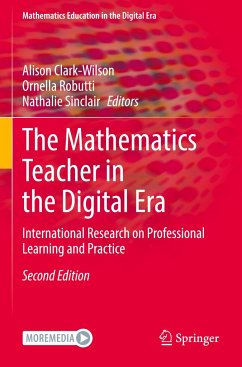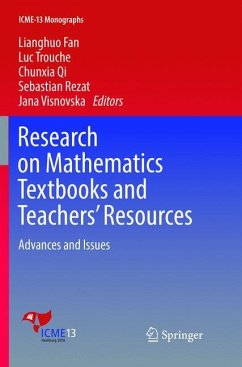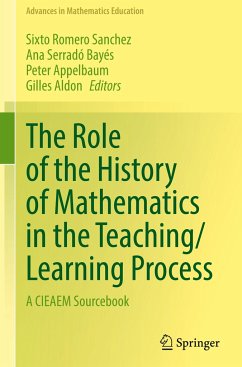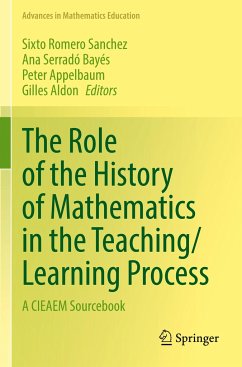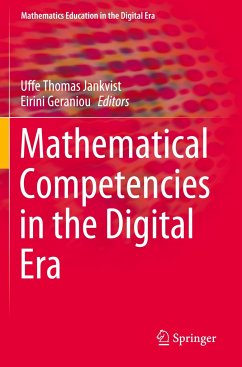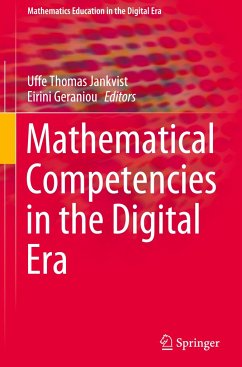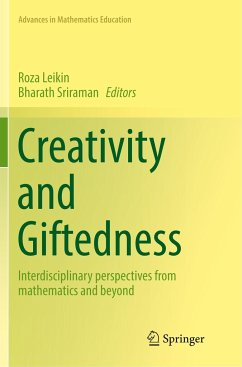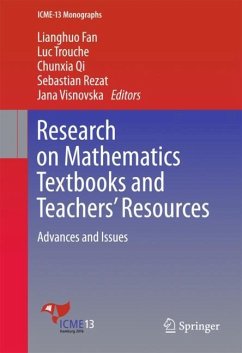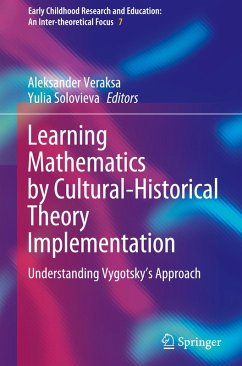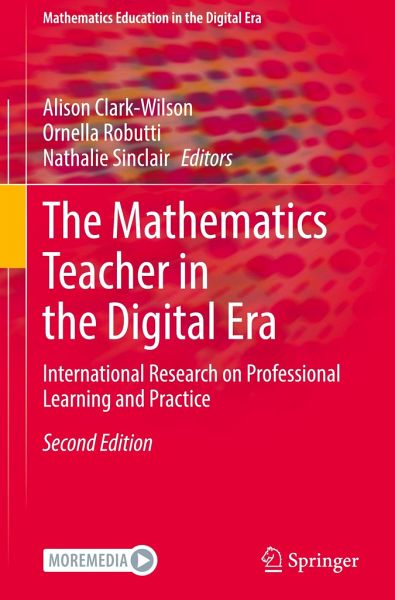
The Mathematics Teacher in the Digital Era
International Research on Professional Learning and Practice
Herausgegeben: Clark-Wilson, Alison; Robutti, Ornella; Sinclair, Nathalie

PAYBACK Punkte
23 °P sammeln!
This book brings together international research on school teachers', and university lecturers' uses of digital technology to enhance teaching and learning in mathematics. It includes contributions that address theoretical, methodological, and practical challenges for the field with the research lens trained on the perspectives of teachers and teaching. As countries around the world move to integrate digital technologies in classrooms, this book collates research perspectives and experiences that offer valuable insights, in particular concerning the trajectories of development of teachers' dig...
This book brings together international research on school teachers', and university lecturers' uses of digital technology to enhance teaching and learning in mathematics. It includes contributions that address theoretical, methodological, and practical challenges for the field with the research lens trained on the perspectives of teachers and teaching. As countries around the world move to integrate digital technologies in classrooms, this book collates research perspectives and experiences that offer valuable insights, in particular concerning the trajectories of development of teachers' digital skills, knowledge and classroom practices.
Via app: download the SN More Media app for free, scan a link with play button and access the videos directly on your smartphone or tablet.
Via app: download the SN More Media app for free, scan a link with play button and access the videos directly on your smartphone or tablet.





